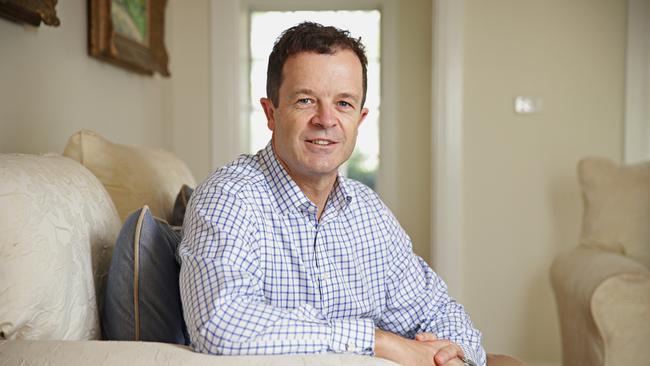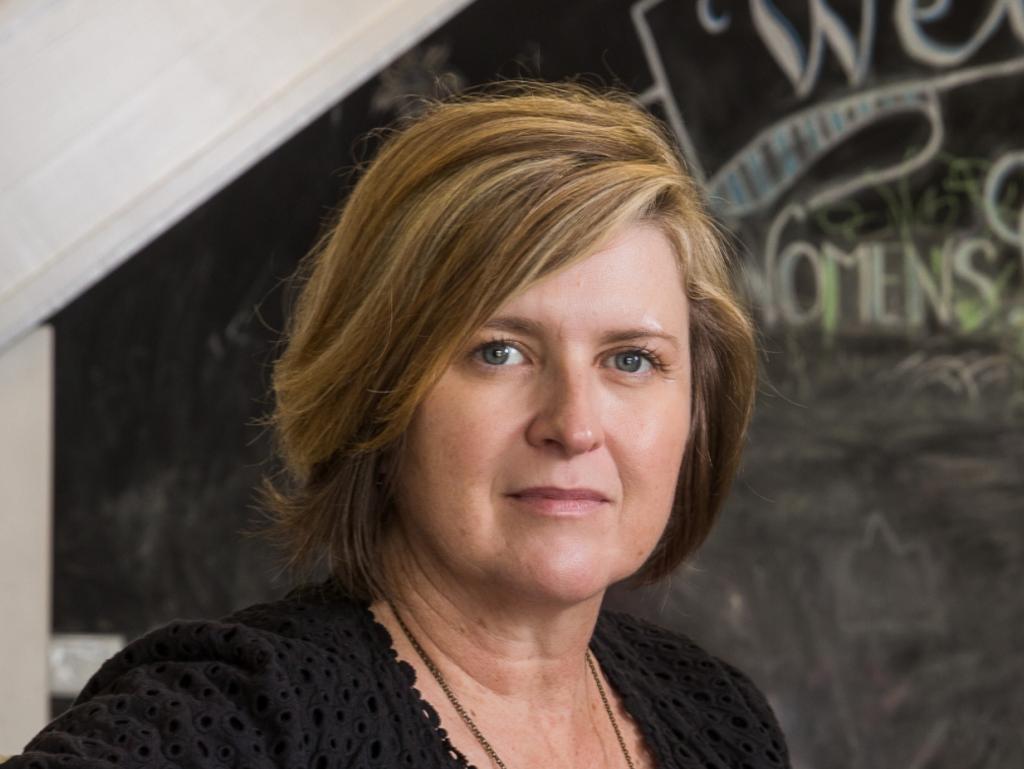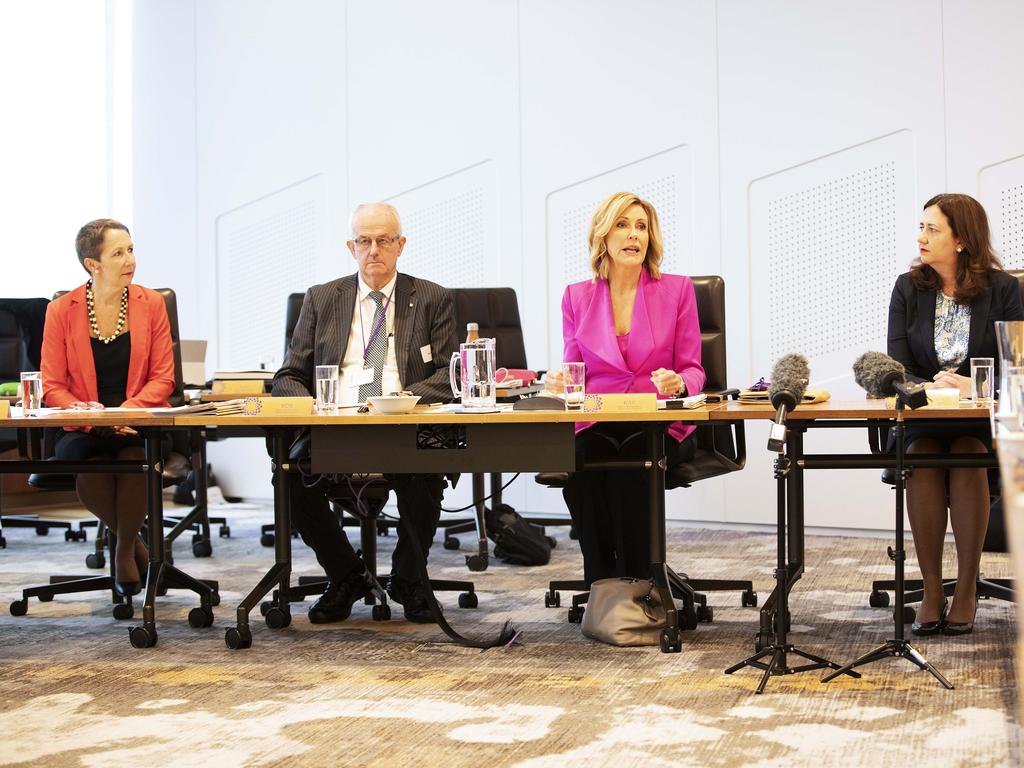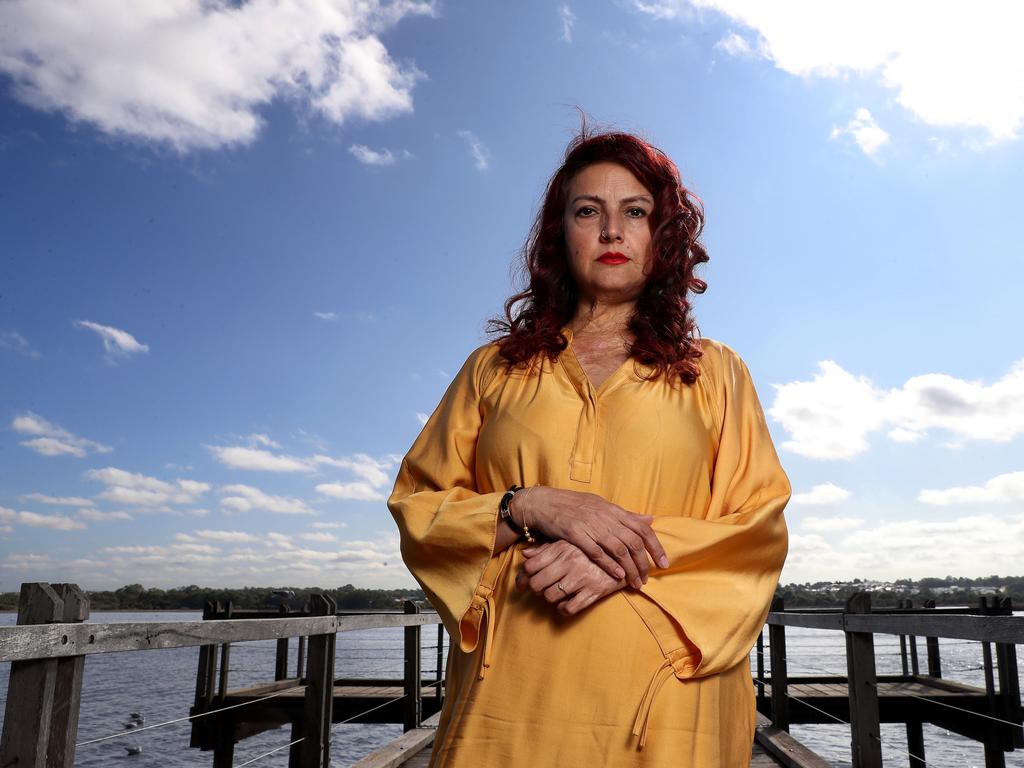State seeks law to ban coercive domestic abuse
NSW Attorney-General Mark Speakman will consult this year on laws to ban coercive and controlling behaviour.

NSW Attorney-General Mark Speakman will consult this year on laws to ban coercive and controlling behaviour, which has been identified as a precursor to almost every intimate partner homicide reviewed in the state.
Mr Speakman, who is also Minister for Prevention of Domestic Violence, told The Australian that in 77 of 78 cases that had been recently reviewed, the relationships were characterised by coercive and controlling behaviour. “It’s certainly a precursor to homicide and therefore a big risk factor and a reason to criminalise this sort of behaviour,” he said.
However, he said defining such behaviour was not straightforward. Coercive control is a pattern of domestic abuse that can involve threats and intimidation, degradation, isolating a person from their friends and family and controlling their finances. It has been described by some advocates as a “red flag for murder”.
Mr Speakman said existing laws in NSW, such as laws against stalking, probably did not capture such behaviour. He had been looking closely at coercive control laws in other jurisdictions such as Scotland, England and Wales, and Tasmania, and still had an open mind on whether they should be introduced in NSW, he said.
“I don’t anticipate we will have any legislation this year, but it is something we will be consulting on this year and keeping a watching brief on what’s happening in the UK,” he said.
State and territory leaders agreed on Friday to elevate women’s safety ministers’ meetings to a new Council of Australian Governments council, to drive the roll out of the national plan to reduce violence against women and children.
Mr Speakman said he encouraged the federal government to back up the move with more funding to tackle domestic violence.
If NSW did decide to press ahead with coercive control laws, Mr Speakman said it would not need to wait for other states. However, careful definitions would be required, he said. “You’ve got to be careful you don’t overreach and criminalise what people might regard as bad behaviour or misogynistic behaviour that really isn’t so bad as to be deserving of a criminal sanction,” he said.
In Tasmania, which introduced offences of economic abuse, and emotional abuse and intimidation in 2005, he said there had been only eight convictions.
In England and Wales, which introduced such laws in 2015, there had been a higher number, but they still only represented a very small proportion of domestic violence convictions, he said.
Mr Speakman’s comments come after Queensland’s Liberal National Party vowed to order an immediate review of the state’s family violence criminal justice system and introduce a domestic violence offence of coercive control, if it wins the October election.
The announcement by Opposition leader Deb Frecklington came after Brisbane woman Hannah Clarke and her three children were burnt to death by her estranged husband, Rowan Baxter.
According to Ms Clarke’s family, she had struggled with whether she was the victim of domestic abuse because Baxter had not been physically violent, but controlling — isolating her from her family, monitoring her phone, dictating what she wore and forcing her to have sex every night, making the next day unbearable for their children if she didn’t.
WA Prevention of Family and Domestic Violence Minister Simone McGurk said there were mixed views among advocacy groups and the academic community as to the usefulness of coercive control criminal offences.
Victorian Minister for Women Gabrielle Williams said the state’s priority was implementing the 227 recommendations from the Royal Commission into Family Violence, backed by a $2.9bn investment to keep women and children safe.






To join the conversation, please log in. Don't have an account? Register
Join the conversation, you are commenting as Logout